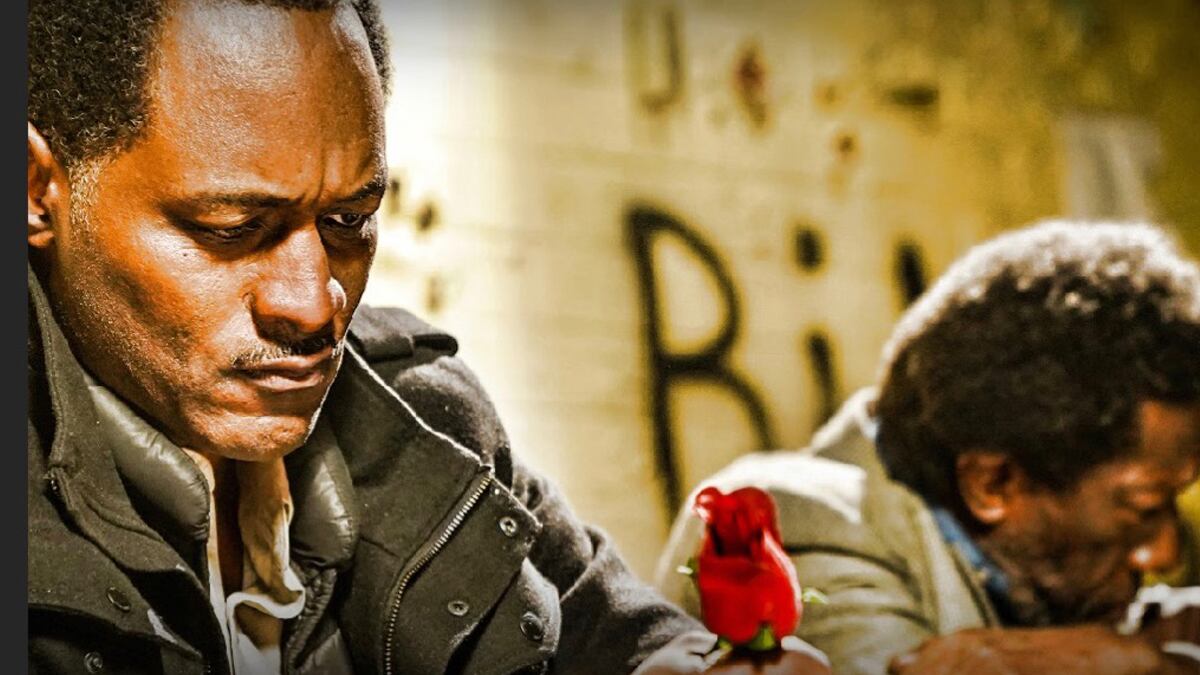Jerry Foster, artistic director of PassinArt, knows that theater is plagued by a disconnect between actors and audience. That’s why he decided the performers in PassinArt’s production of Black Nativity needed to stay in the lobby after the show to shake hands with the people who had just watched them bring Langston Hughes’ gospel song-play to life.
“I said, ‘We need to do something different. Let’s personally thank the audience for coming,’” Foster remembers. “And in effect, that’s what happened.”
Like all theater companies, PassinArt—the longest-running Black theater company in Oregon—has struggled to overcome the disconnect during the pandemic. Yet Foster decided it was the right time to host the inaugural Pacific Northwest Multi-Cultural Readers Series & Film Festival, an idea that has been in the works for years.
“We had to do something,” Foster says. “And we wanted to provide some work for actors and actresses of color. Because a lot of time, their work does not get the justice that it needs.”
The festival’s play readings and short films, which will be presented virtually, are helping Foster and festival curator Leasharn Hopkins realize their dream of hosting a profoundly intersectional event. While there will be films about Black Oregonians, the featured projects reflect on everything from anti-Asian hate crimes during the pandemic to the regrets of a Latinx guard of the U.S. Border Patrol from El Paso, Texas.
Foster was also committed to including a variety of voices in the festival’s panel discussions, which will cover topics like colorism in casting.
“They’re about things that affect communities of color, period,” Foster says. “That’s including Asians and the Latino or Hispanic community. What happens to us happens to others too, and we want them to be able to tell their stories.”
The festival’s multicultural spirit led to the selection of two short documentaries by director Woodrow Hunt, a descendant of the Cherokee, Klamath and Modoc tribes. Hunt’s contributions are Stories From the River—Surrounded by History and Salmon’s Agreement, a film about the bond between salmon and the Indigenous people of the Columbia River that features Chief Bill Yallup Jr. (Yakama).
“He talks about coyotes and salmon having their own conversation and making a decision together—and then informing the people: The salmon will come back,” Hunt says. “Focusing on the idea that humans aren’t at the center of this—that they might not even be in all of the conversations—really was important to me, and that’s why that story bookends Salmon’s Agreement.”
Some of the festival’s films immerse audiences in difficult debates. Hopkins sees works like Francisco Garcia’s Ofelio: A Borderline Story—the film about the border guard—as an opportunity to encourage viewers to explore the nuances of a character who could be controversial.
“People put people into boxes and compartments, just like how everybody wants to defund the police and thinks all police officers are bad,” Hopkins says. “This [border guard] had a soul. He was hurting. He was torn. Sometimes there’s not a black and a white. There are gray areas, and that’s the beauty of art.”
One film that promises not to be controversial is Reviving the Black Nod, a joyous Portland odyssey by producer S. Renee Mitchell and director Elijah Hasan. The documentary was shot last summer, when Hasan traveled the city to film the unique nods of Black Portlanders, including City Commissioner Jo Ann Hardesty and legendary activist Richard Brown.
“By no means did we get every Black person in Portland, but if you see this film and you’re in Portland and you’re Black, you’re going to know somebody in this film,” says Hasan. “It was [Renee’s] way of giving something back to the Black community here—something that we could be proud of, something that could be representative of us. And in that time when we were so detached, she wanted to give a remedy, to spread some Black joy.”
2021 will not be the last time the PNMC Readers Series & Film Festival spreads joy. The festival will return in 2023, although it has yet to be decided whether it will continue as an in-person or hybrid event.
“It’s not a one-shot deal, although sometimes I feel it should be with all the hard work that goes into it,” Foster laughs. “But it’s rewarding when you see artists get recognition.”
SEE IT: The Pacific Northwest Multi-Cultural Readers Series & Film Festival streams at pnmc.eventive.org/welcome. Friday-Sunday, Aug. 20-22. Full festival passes cost $125. Access to either the play readings or film screenings only is $50.
